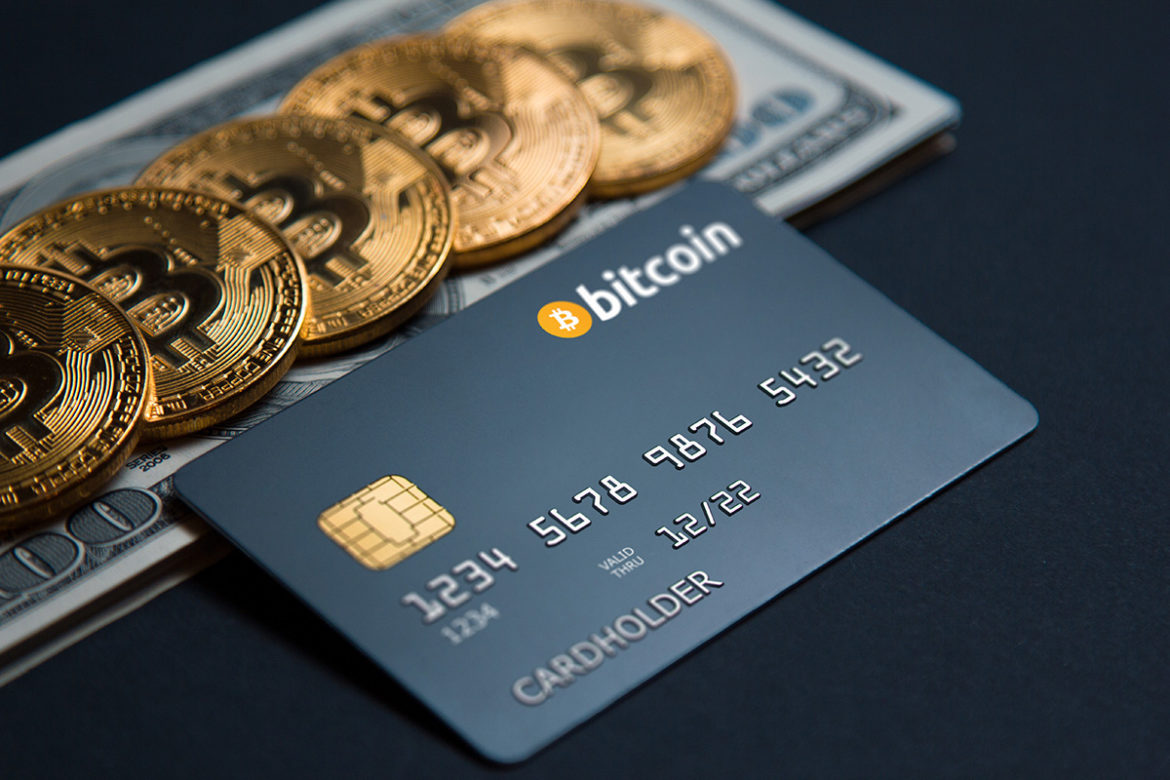The official said on CoinDesk TV’s “First Mover” that Russia likely isn’t benefitting from crypto, but could see increased use amid sanctions,
Amid an ongoing war, a Ukrainian official reiterated his demand that crypto businesses cut services to Russian users as part of an unprecedented effort to block Russia from the global financial system.
Alex Bornyakov, Ukraine’s deputy minister at the Ministry of Digital Transformation, said crypto is just a marginal part of the Russian economy now – and likely not a tool for evading sanctions – but could grow more important as the economic blockade continues.
“It’s not their main option,” Bornyakov said on CoinDesk TV’s “First Mover.” Still, “with the sanctions being imposed, crypto will take more and more popularity,” he said.
Ukraine has seen a flurry of crypto donations – over $80 million at press time – since the invasion began two weeks ago. These funds are reportedly being spent on non-lethal equipment, including fuel, food and bulletproof vests for soldiers.
“Crypto became even more convenient than the banking system,” Bornyakov said.
As CoinDesk has reported, Ukrainian-based crypto exchange Kuna is primarily handling these crypto-charitable efforts on behalf of the country’s government. But it’s hardly Ukraine’s first exposure to the blockchain industry.
Last year, the Ukrainian government launched concerted efforts to attract a local crypto industry that was part of a push to further digitize the economy. In September, the Parliament passed a law legalizing and regulating bitcoin. The country has low taxes, crypto-friendly regulations and a highly educated and young workforce.
Russia, by comparison, has made strong attempts to minimize crypto use in the country. Its central bank has called for a ban on crypto trading outright, though the Ministry of Finance has published a roadmap for regulating it.
Despite this aggressive regulatory stance, crypto has found a foothold in the country. Russia is home to a large domestic crypto mining industry and sees some of the highest transaction volumes in the world, according to analytics firm Chainalysis.
Bornyakov said that eight official letters were sent to crypto exchanges asking them to block, freeze or cancel operations for Russian users altogether. So far, major crypto exchanges have been hesitant to do so.
Binance, Coinbase and Kraken, for instance, have all said they would blacklist specific companies and oligarchs targeted by Western sanctions but would not cut off services to the entire country unless ordered to do so.
“If we see crypto being used to avoid sanctions, this will put more pressure on crypto exchanges to geoblock Russia,” Bornyakov said. But “we don’t think it’s a major issue right now,” he added.
